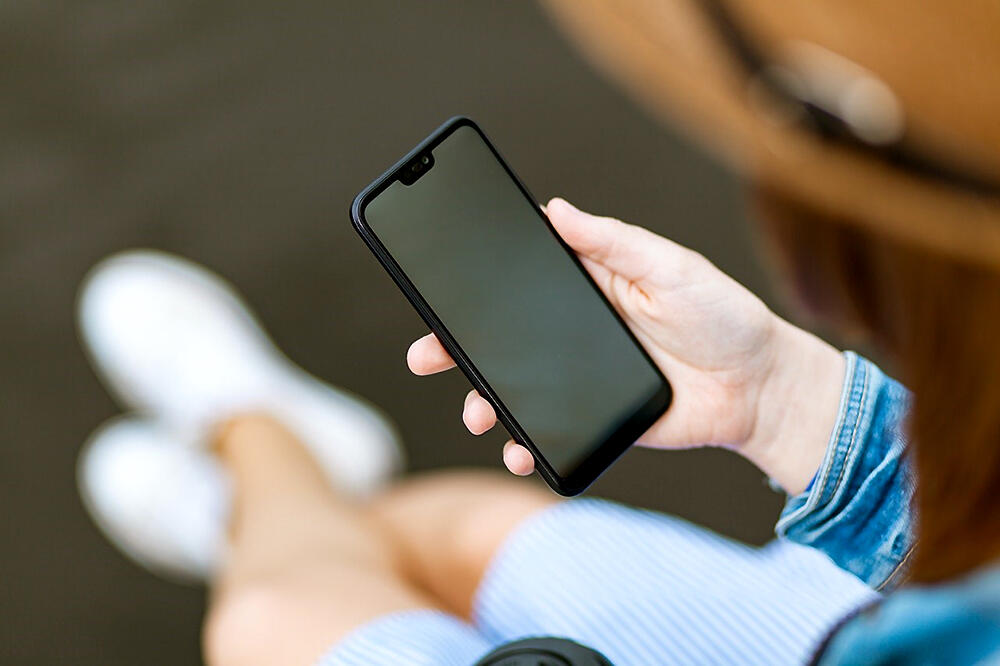
KDDI, KDDI R & D Laboratories, and Tokyo Medical and Dental University started the study "Specific Clinical Research for Reducing Smartphone Dependence" on October 13 for Internet-dependent outpatients at Tokyo Medical and Dental University. Most of the outpatients who are dependent on the Internet are middle and high school children. The research will utilize the smartphone app "Mimamoru ZO" provided by KDDI and KDDI R & D Laboratories to promote communication between parents and children and improve relationships. By doing so, the researchers plan to verify the degree of smartphone addiction reduction. In addition, the KDDI Group will carry out this specific clinical study and joint research on reducing and preventing smartphone addiction using neuroscience and AI. Based on the results of these efforts, they aim to develop a smartphone application that is expected to be used in the medical field after 2024.
According to the results of a questionnaire survey conducted by KDDI and KDDI R & D Laboratories, approximately 1 in 4 people (about 25%) has problems with long-term use of smartphones. Approximately 83% of them said they would like to reduce their smartphone usage. In addition, approximately 74% of respondents answered that this had adverse effects on their health, such as decreased sleep time, worsened eyesight, and disorderly lifestyle. Smartphone addiction may be caused by developmental disabilities, stress at school, and domestic discord, among other things. Domestic discord itself is caused by excessive parental interference, loss of trust due to lack of communication between parents and children, and neglectful parenting. At present, there is no pharmacological approach, and interventions, such as family support programs, are the main intervention method.
To reduce smartphone addiction, in this specific clinical study, the researchers will evaluate the effectiveness and safety of the app "Mimamoru ZO," which supports appropriate treatment of patients. In addition, the researchers will evaluate the improvement in internet-related behavior on patients' smartphones using this app. The app consists of two parts, one for patients (children) and one for guardians. Researchers will work with families to devise appropriate management strategies. Based on family-wide therapy that seeks to resolve symptoms and problem behaviors, parents will be advised on how to communicate with their children at the right time through the parent/guardian app, depending on the child's smartphone usage. Through such methods, researchers will promote positive communication between parents and children.
KDDI and KDDI Institute will develop the app and evaluate its effectiveness based on the data collected. Tokyo Medical and Dental University will evaluate the effectiveness and safety of the app in the medical field, perform ethical review procedures, and request for the cooperation of internet-dependent outpatients and guardians in this study. The three parties signed a joint research contract on August 25, last year, and have been investigating and clarifying the concept "smartphone addiction" through a fact-finding survey among Internet-dependent outpatients at Tokyo Medical and Dental University. Furthermore, KDDI and KDDI Research, Inc. have been working with the Advanced Telecommunications Research Institute International (ATR: Seika-cho, Sagara-gun, Kyoto Prefecture) since July last year to accelerate the clarification of "smartphone addiction." They have started a joint study on reducing and preventing "smartphone addiction" using AI and investigating the effects of lifestyle changes caused by the novel coronavirus infection on "smartphone addiction" and "gaming disorders."
This article has been translated by JST with permission from The Science News Ltd.(https://sci-news.co.jp/). Unauthorized reproduction of the article and photographs is prohibited.




